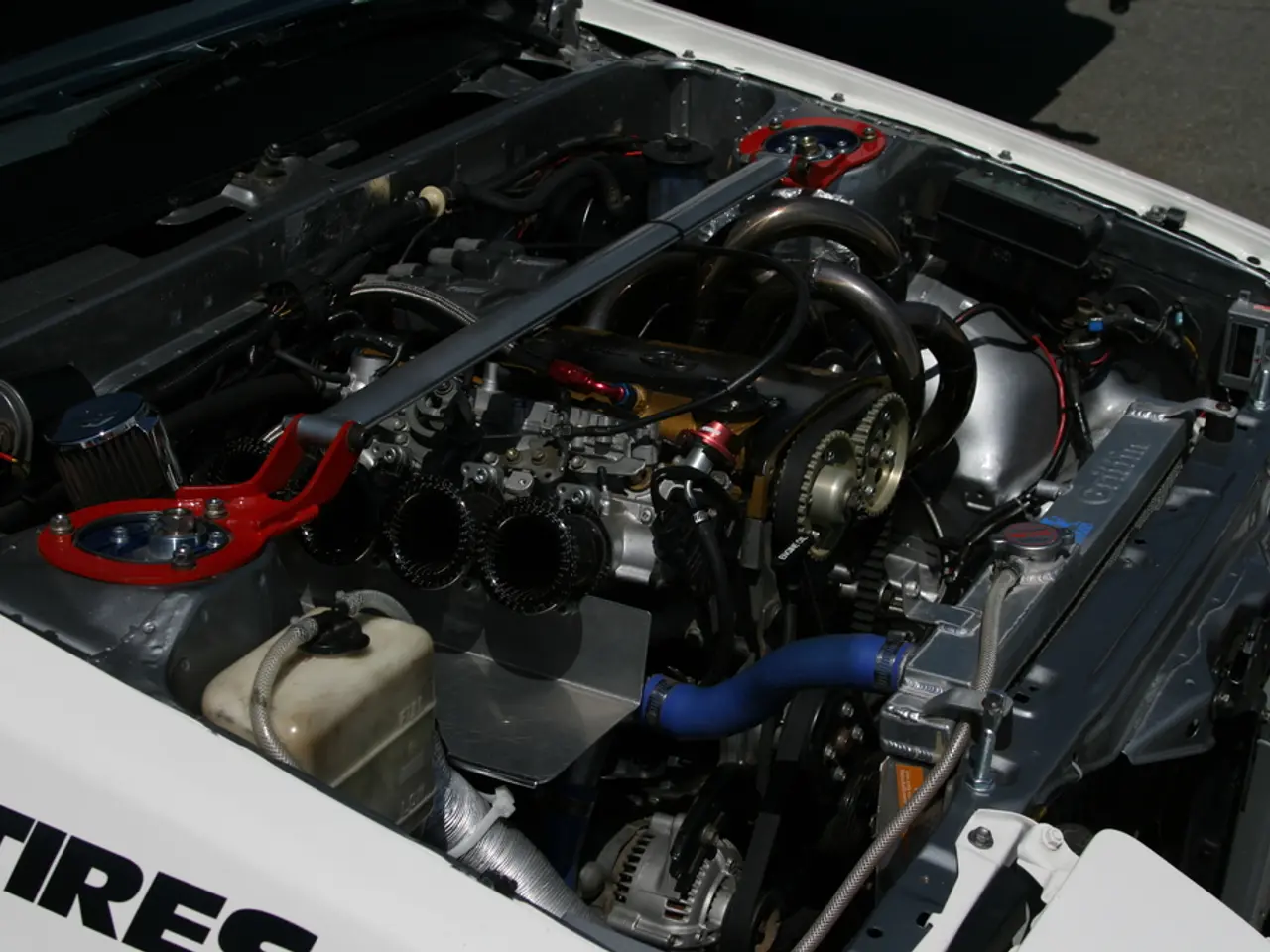Rallying the secondary market for an electric-powered tomorrow
In Europe, the growing popularity of electric vehicles (EVs) is set to have a significant impact on various sectors, particularly the aftermarket and logistics.
According to calculations from consultancy firm 3ng Consulting, the maintenance costs for EVs are substantially lower compared to those of Internal Combustion Engine (ICE) vehicles. Specifically, the management fees for ICE vehicles are estimated to be around $1,400 per year, while EVs require only $600 per year.
This difference in maintenance costs could make EVs a more attractive option for consumers who are looking to save money on vehicle ownership costs. It could also contribute to the growing popularity of EVs, as more people become aware of the financial benefits of owning an EV.
The lower maintenance costs associated with EVs may lead to cost savings for consumers over the lifespan of the vehicle. This could potentially make EVs a smart investment for consumers, as suggested by research.
However, the rise in EVs in Europe will not go unnoticed by the aftermarket. With fewer parts and services required for EVs, there may be a decrease in demand for certain products. This could present challenges for businesses in the aftermarket sector.
The logistics sector will also need to adapt to manage the unique challenges posed by lithium batteries in EVs. Lithium batteries are a key component of EVs, posing new logistical challenges. The management of these batteries will require careful planning and efficient processes to ensure the smooth operation of the EV supply chain.
Despite these challenges, the logistics sector will continue to prioritize storage, as it does today. The sector will also be tested by supplying parts for both EVs and traditional vehicles.
3ng Consulting, a consultancy firm leading in this field, was founded in 2013. While the managing individual or team remains unspecified, the firm has played a crucial role in providing insights into the EV market and its impact on various sectors.
In conclusion, the rise of EVs in Europe will have far-reaching implications for the aftermarket and logistics sectors. While there may be challenges to overcome, the potential financial benefits for consumers and businesses could make the transition to EVs a worthwhile endeavour.







